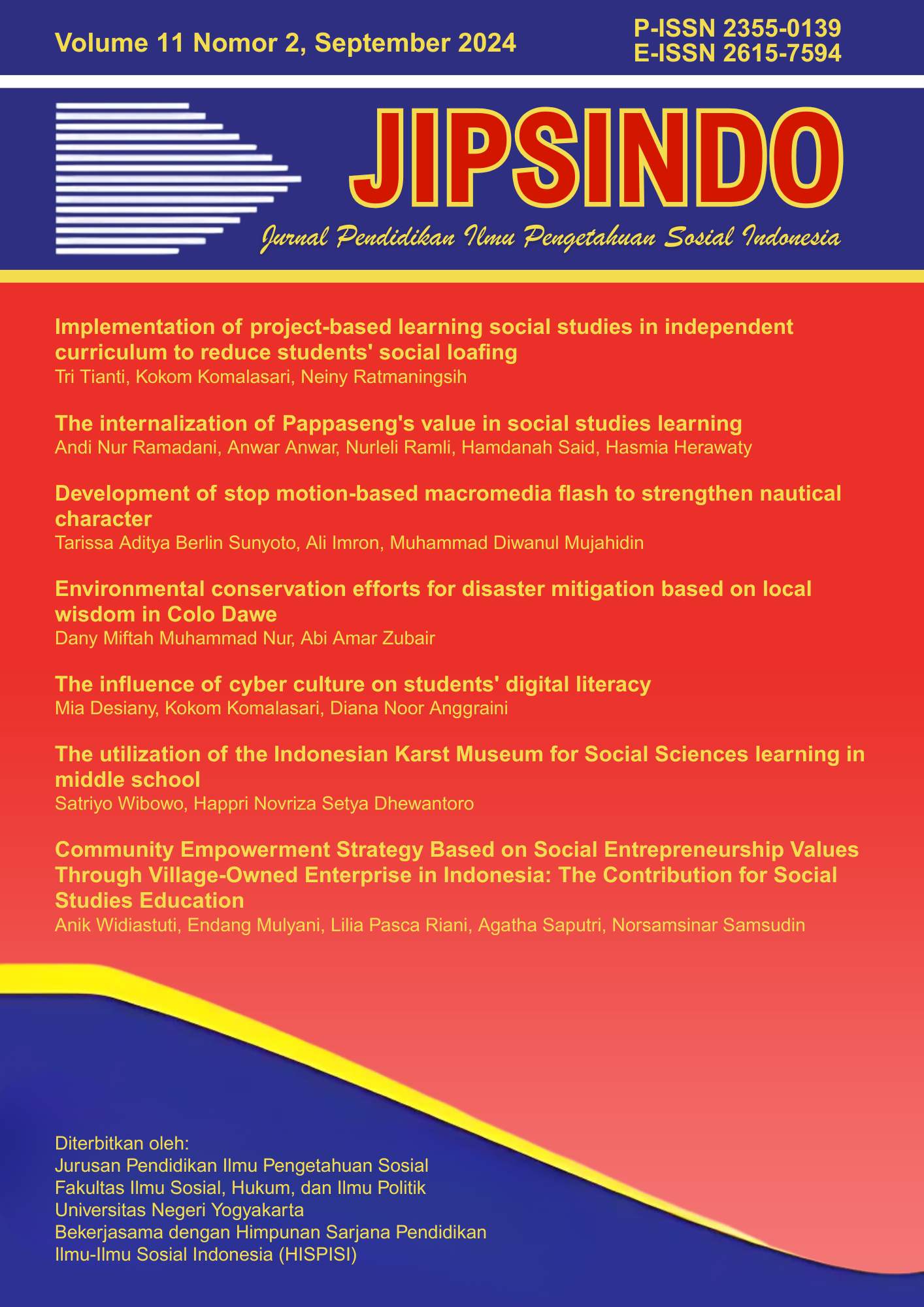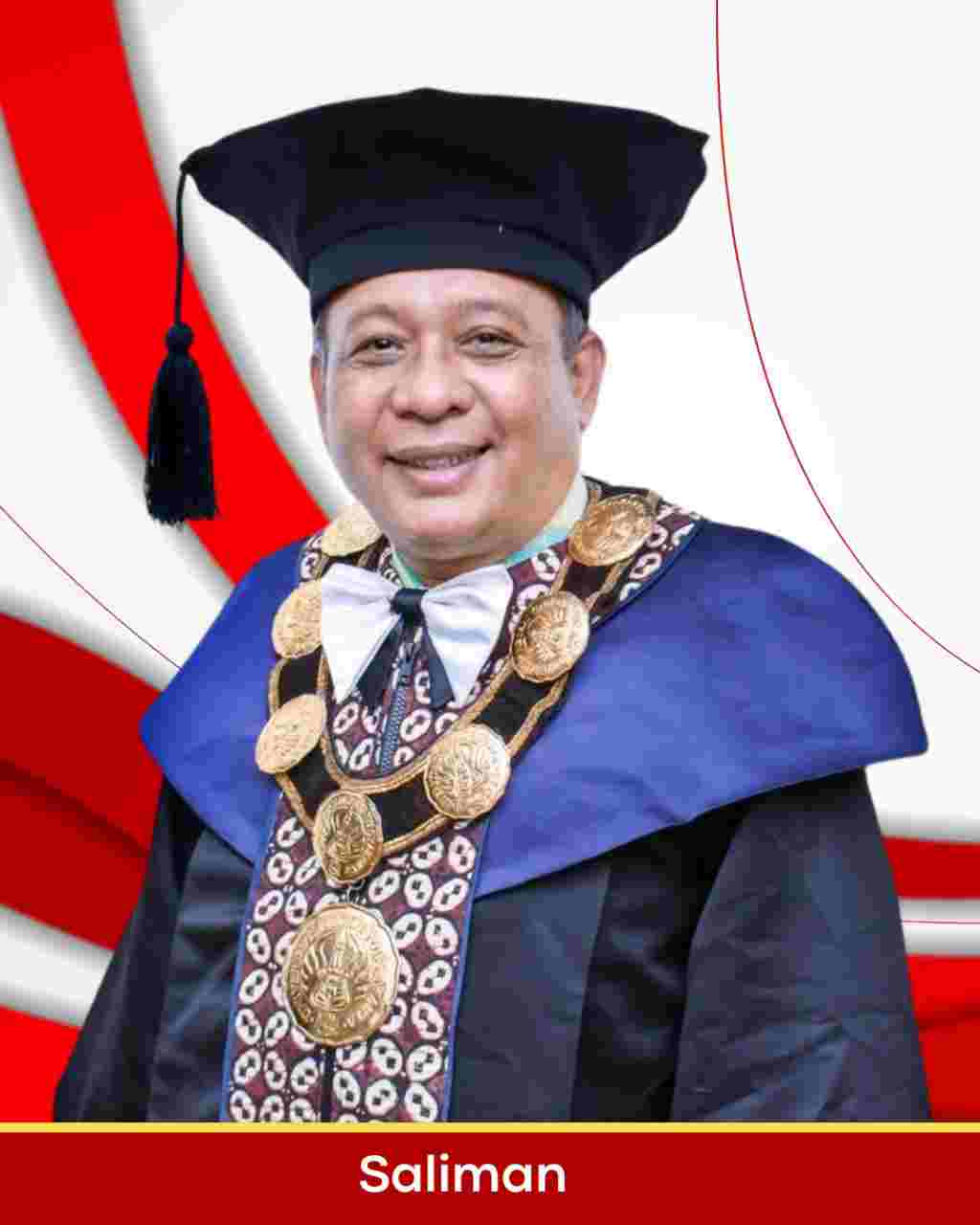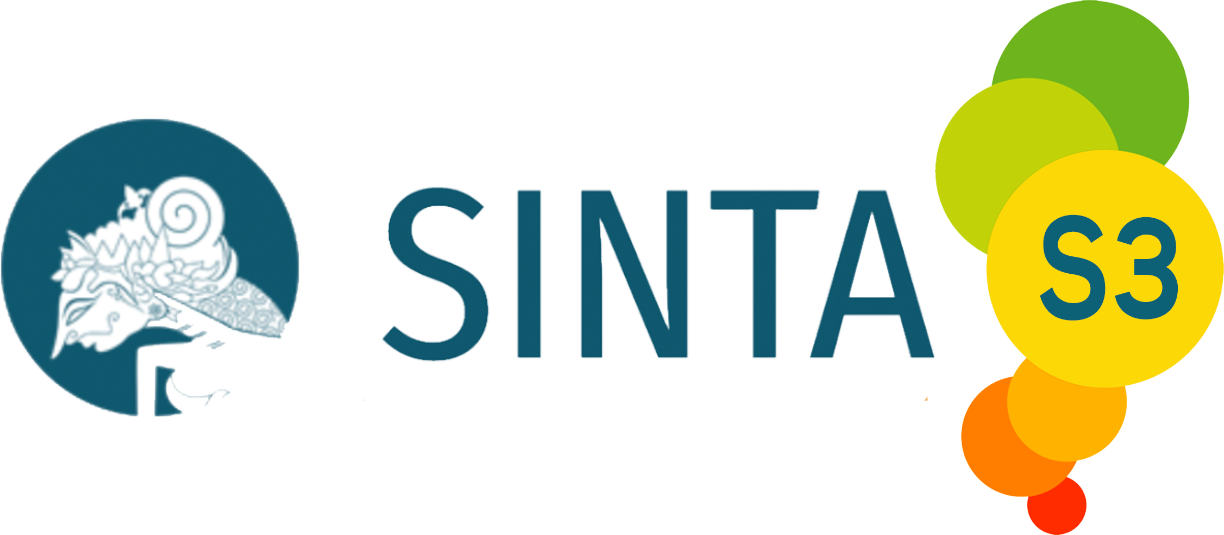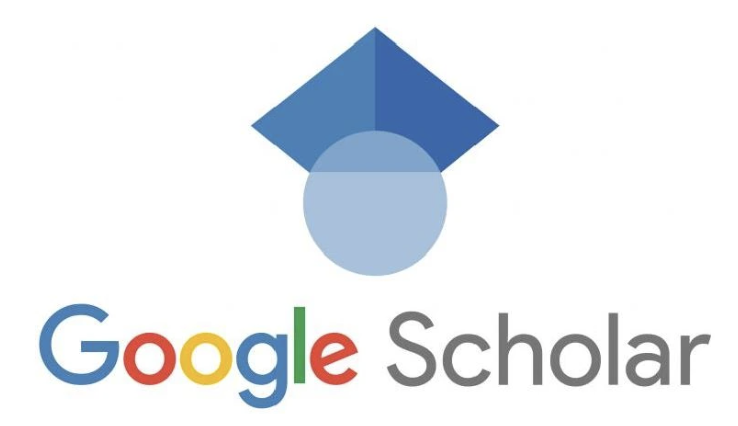The influence of cyber culture on students' digital literacy
DOI:
https://doi.org/10.21831/jipsindo.v11i2.72918Keywords:
Cyber Culture, Digital Literacy, Social Studies LearningAbstract
The study aims to analyze the influence of cyberculture on digital literacy skills in the context of social studies learning. Adopting a quantitative research design, the study employs a correlational approach and utilizes various data collection methods, including observation, document review, and questionnaires. The research was conducted at SMP Negeri 50 Bandung, where 1,169 students were surveyed in grades seven, eight, and nine. The sample was determined using the proportional stratified random sampling technique, resulting in a sample size of 300 students. The data analysis technique employed is a simple linear regression analysis test. The study's findings indicated that cyberculture in social studies learning significantly affected the literacy skills of students at SMP Negeri 50 Bandung, with a variable correlation level in the medium category.
References
APJII. (2023, December 22). Survei Internet Indonesia Asosiasi Penyelenggara Jasa Internet Indonesia. https://apjii.or.id
Aurigi, A. and Graham, S. (1998). The "crisis" in the urban public realm', in B. Loader (Cyberspace). Routledge.
Gilster, P. (1997). Digital Literacy. Wiley Computer Publishing.
Junqueira, E. (2015). The Cyberculture Theories and Teacher Preparation at the LIFE-UFC Project in Brazil Eduardo Junqueira Universidade Federal do Ceará, Brazil. International Journal of Education and Development Using Information and Communication Technology (IJEDICT), 11(3), 109–116.
Kodrat, D. (2017). A Cyber-Culture In Improving Student's Literacy. Journal of English Language Learning, 1(2). https://doi.org/http://dx.doi.org/10.31949/jell.v1i2.1154
Komalasari, K., & Anggraini, D. N. (2020). Civic Education for Development of Digital Citizenship in the Era of Industrial Revolution 4.0. 418(Acec 2019), 151–154. https://doi.org/10.2991/assehr.k.200320.030
Lemos, A. (2006). Les trois lois de la cyberculture. Libération de l'émission, connexion au réseau et reconfiguration culturelle. Sociétés, 91(1). https://doi.org/10.3917/soc.091.48
Martin, A., & Grudziecki, J. (2006). DigEuLit: Concepts and Tools for Digital Literacy Development. Innovation in Teaching and Learning in Information and Computer Sciences, 249–267.
Muhaemin, B. (2017). Kebijakan Pengembangan Pendidikan: Pra Kemerdekaan Era Reformasi dalam Konteks Perubahan Sosial. Jurnal Studi Pendidikan, XV(1).
Pratama, W. A., Hartini, S., & Misbah, M. (2019). Analisis kompetensi digital siswa melalui pembelajaran daring berbasis sekolah. Jurnal Inovasi Dan Pembelajaran Fisika, 06(1), 9–13.
Putri, N., Jampel, N., & Suartama, I. K. (2014). Pengembangan E-Learning Berbasis Schoology pada Mata Pelajaran IPA Kelas VIII di SMP Negeri 1 Seririt. Journal Edutech Universitas Pendidikan Ganesa, 2(1), 1–11.
Rueda Ortiz, R., & Uribe Zapata, A. (2021). Cyberculture and Education in Latin Americalocked. Oxford Research Encyclopedia of Education. https://doi.org/10.1093/acrefore/9780190264093.013.1503
Setiawan, daryanto. (2017). Dampak Perkembangan Teknologi Informasi dan Terhadap Budaya Impact of Information Technology Development and Communication on. Jurnal Pendidikan, X(2), 195–211.
Setiawan, A. R. (2020). Lembar Kegiatan Literasi Saintifik untuk Pembelajaran Jarak Jauh Topik Penyakit Coronavirus 2019 (covid-19). Edukatif: Jurnal Ilmu Pendidikan, 2(1), 28–37.
Silalahi, D. E., Silalahi, D. E., Munthe, E. A. H. B., Wahyuni, M. M. S. S., Jamaludin, R. M., Laela, N. A., & Safii, D. M. M. S. A. R. H. M. (2022). Literasi Digital Dalam Lingkugan Sekolah (Teori, Praktek, dan Penerapannya) (Herman (ed.); 1st ed.). PT Global Eksekutif Teknologi.
Simanjuntak, M. D. R. (2019). Membangun Ketrampilan 4 C Siswa Dalam Menghadapi Revolusi Industri 4.0. Prosiding Seminar Nasional Fakultas Ilmu Sosial Universitas Negeri Medan, 3, 921–929.
Walton, G. (2016). Digital Literacy: Establishing the Boundaries and Identifying the Partners. New Review of Academic Librarianship, 22(1), 18–41. https://doi.org/10.1080/13614533.2015.1137466
Wijonarko, E. S. (2020). Manfaat literasi digital bagi masyarakat dan sektor pendidikan pada saat pandemi covid-19. Buletin Perpustakaan Universitas Islam Indonesia, 3(2), 65–80.
Downloads
Published
How to Cite
Issue
Section
Citation Check
License
Authors who publish with this journal agree to the following terms:
- Authors retain copyright and grant the journal right of first publication with the work simultaneously licensed under a Creative Commons Attribution License that allows others to share the work with an acknowledgement of the work's authorship and initial publication in this journal.
- Authors are able to enter into separate, additional contractual arrangements for the non-exclusive distribution of the journal's published version of the work (e.g., post it to an institutional repository or publish it in a book), with an acknowledgement of its initial publication in this journal.
- Authors are permitted and encouraged to post their work online (e.g., in institutional repositories or on their website) prior to and during the submission process, as it can lead to productive exchanges, as well as earlier and greater citation of published work (See The Effect of Open Access).

JIPSINDO (Jurnal Pendidikan Ilmu Pengetahuan Sosial Indonesia) is licensed under a Creative Commons Attribution-ShareAlike 4.0 International License.
Based on a work at https://journal.uny.ac.id/index.php/jipsindo.
















